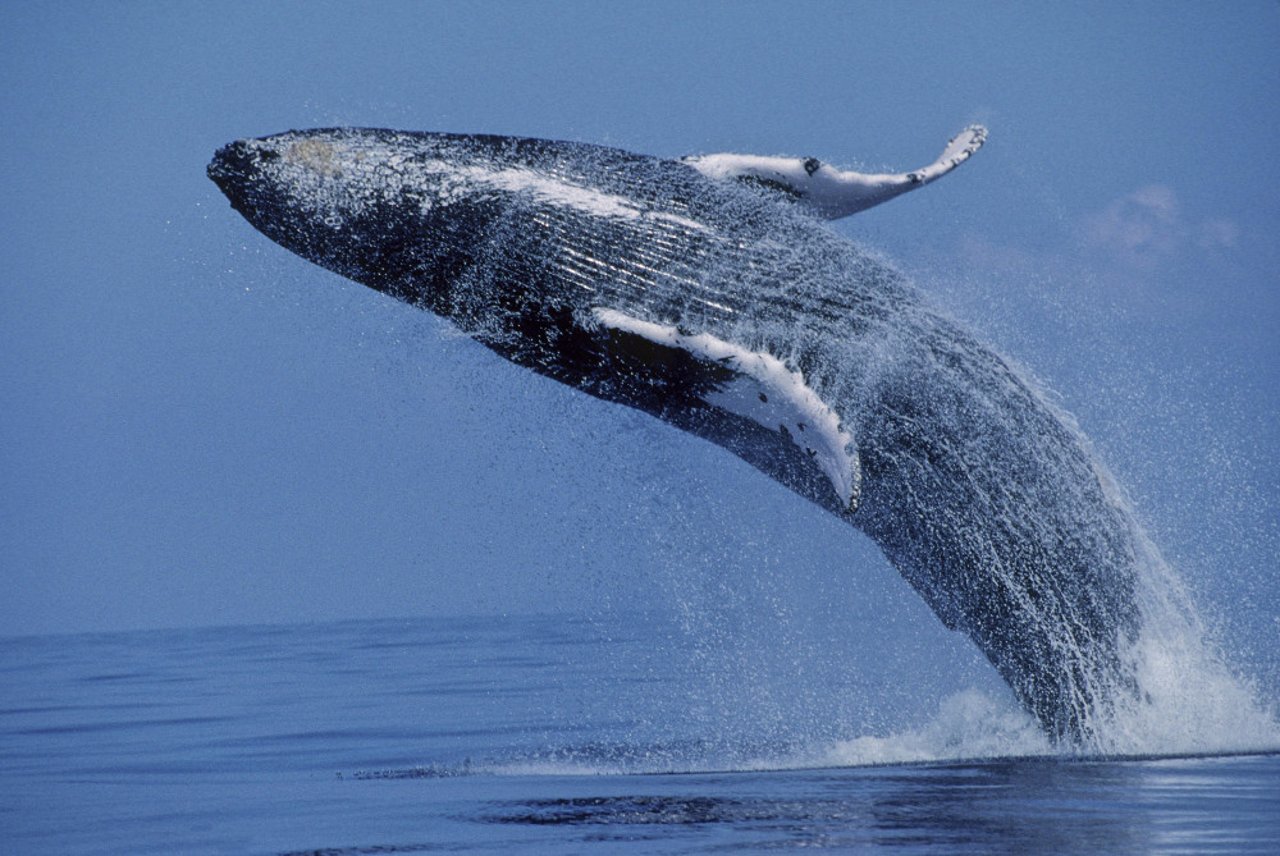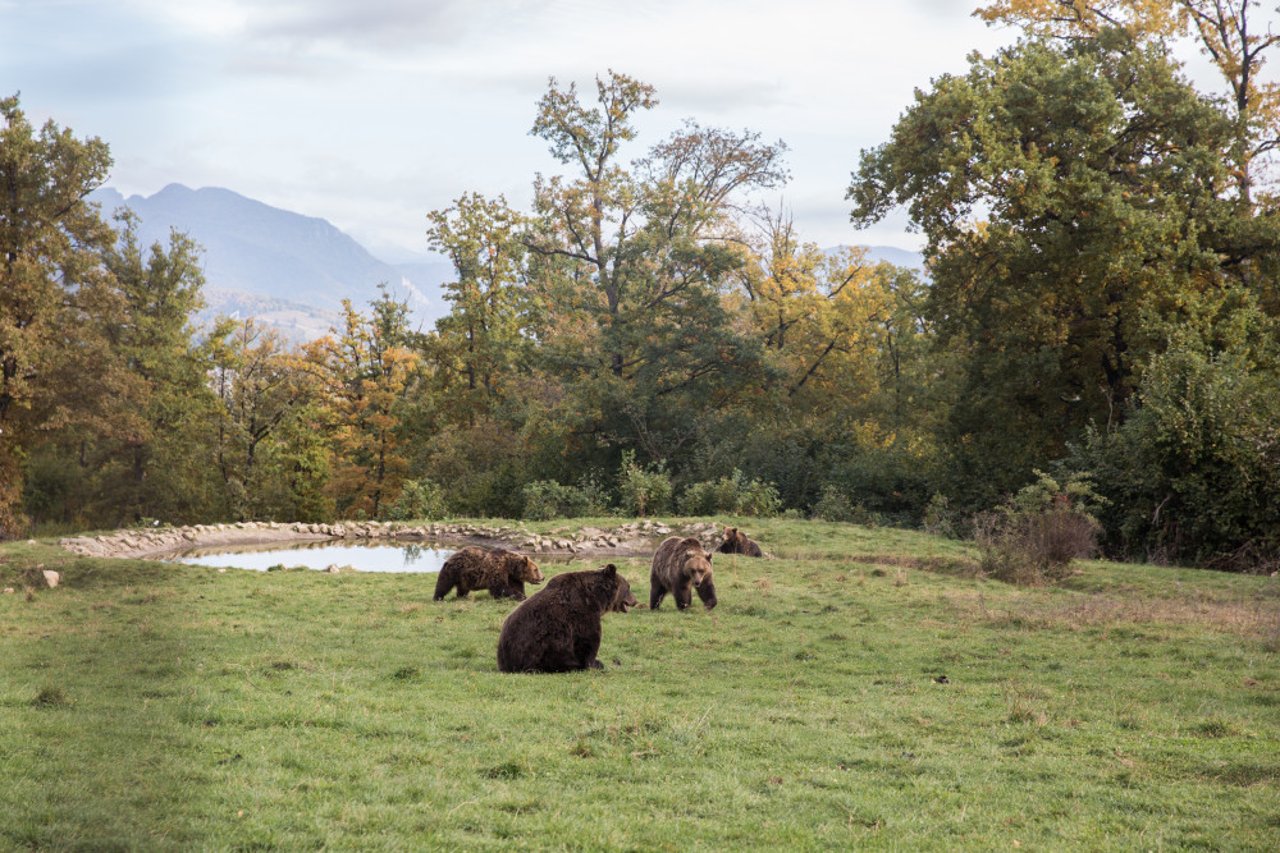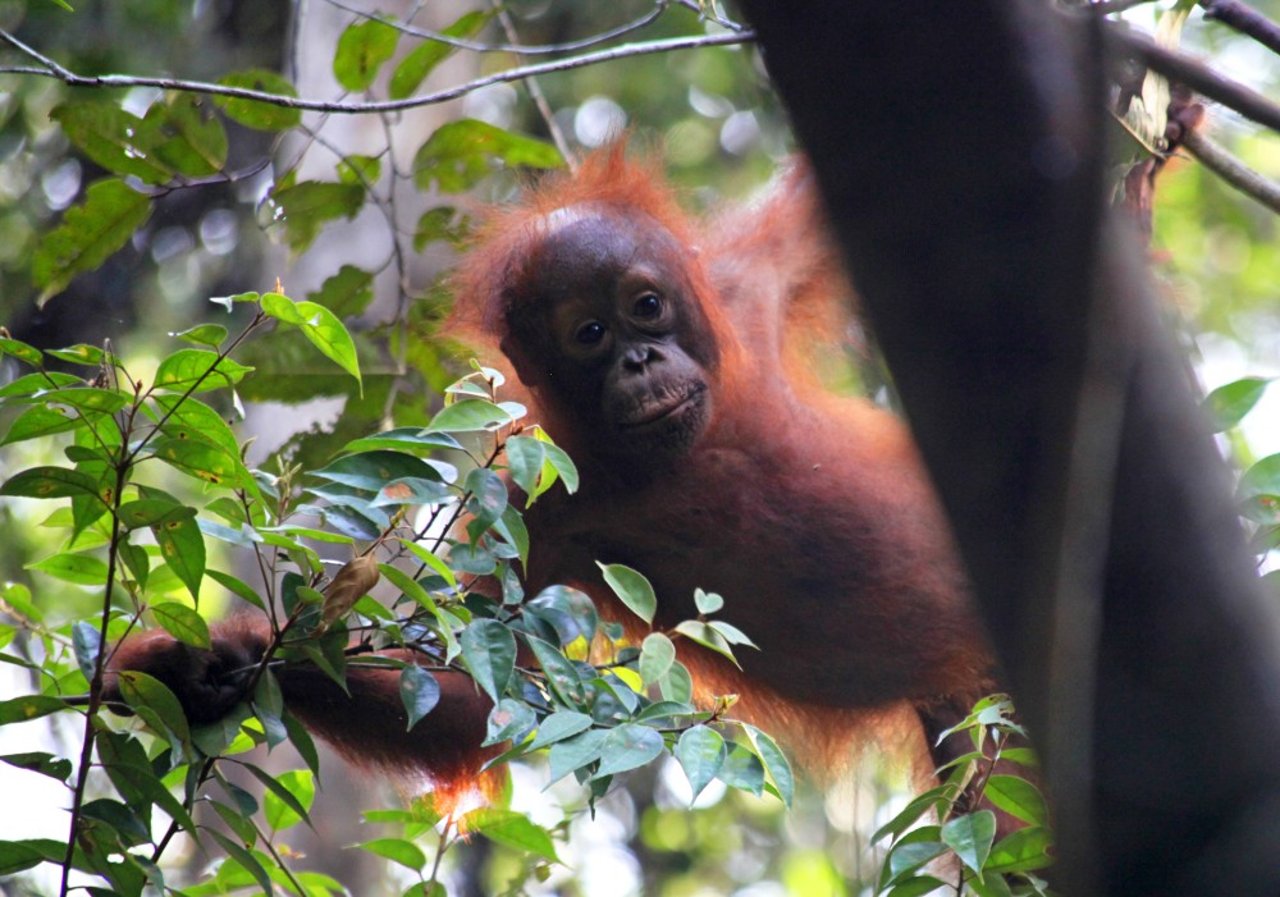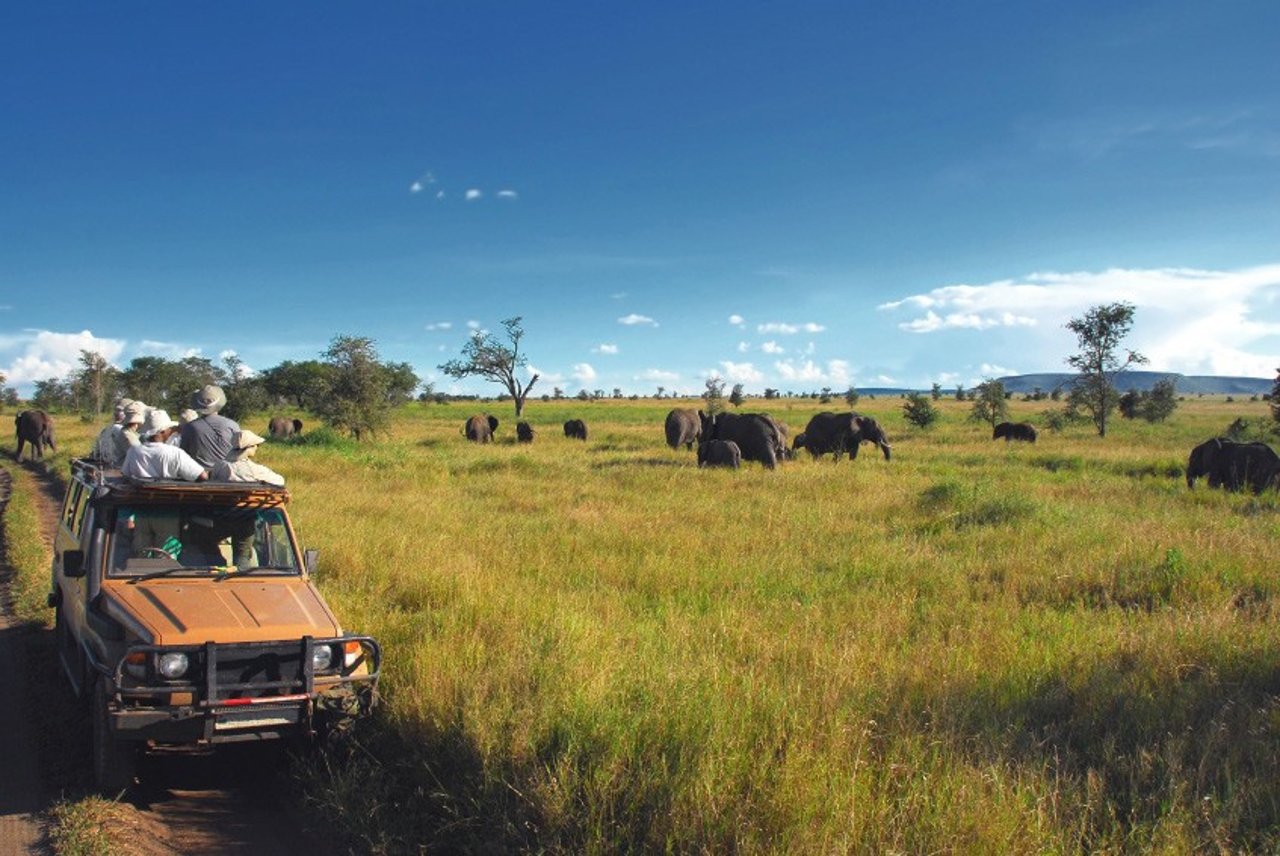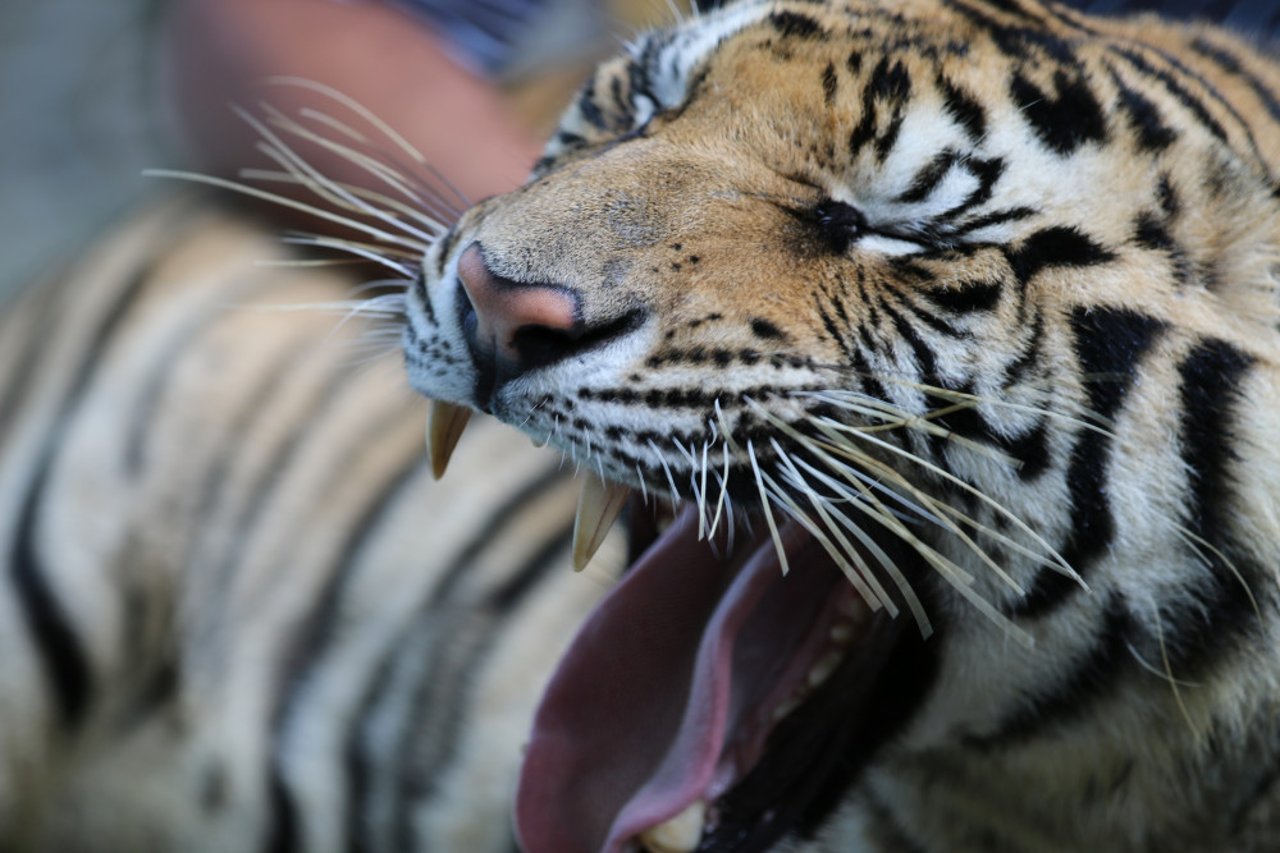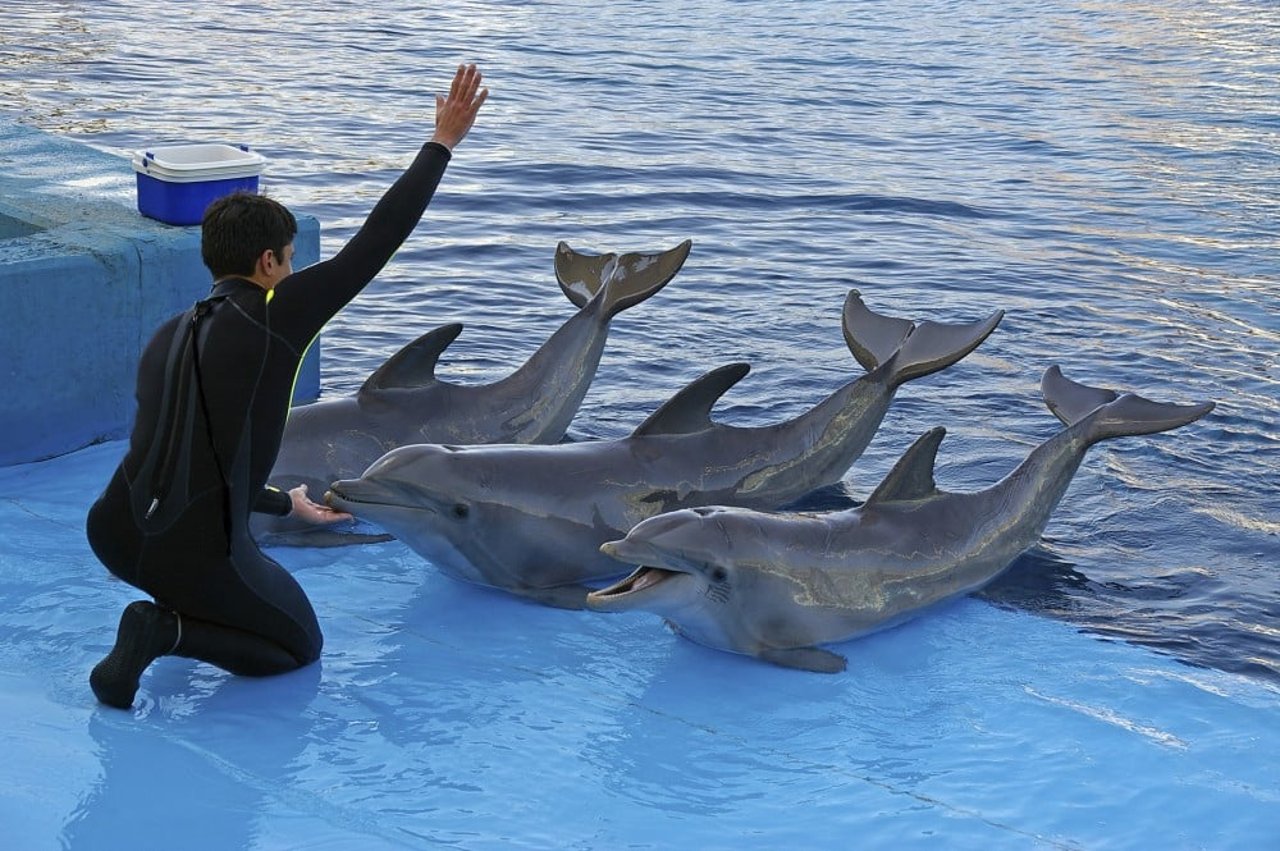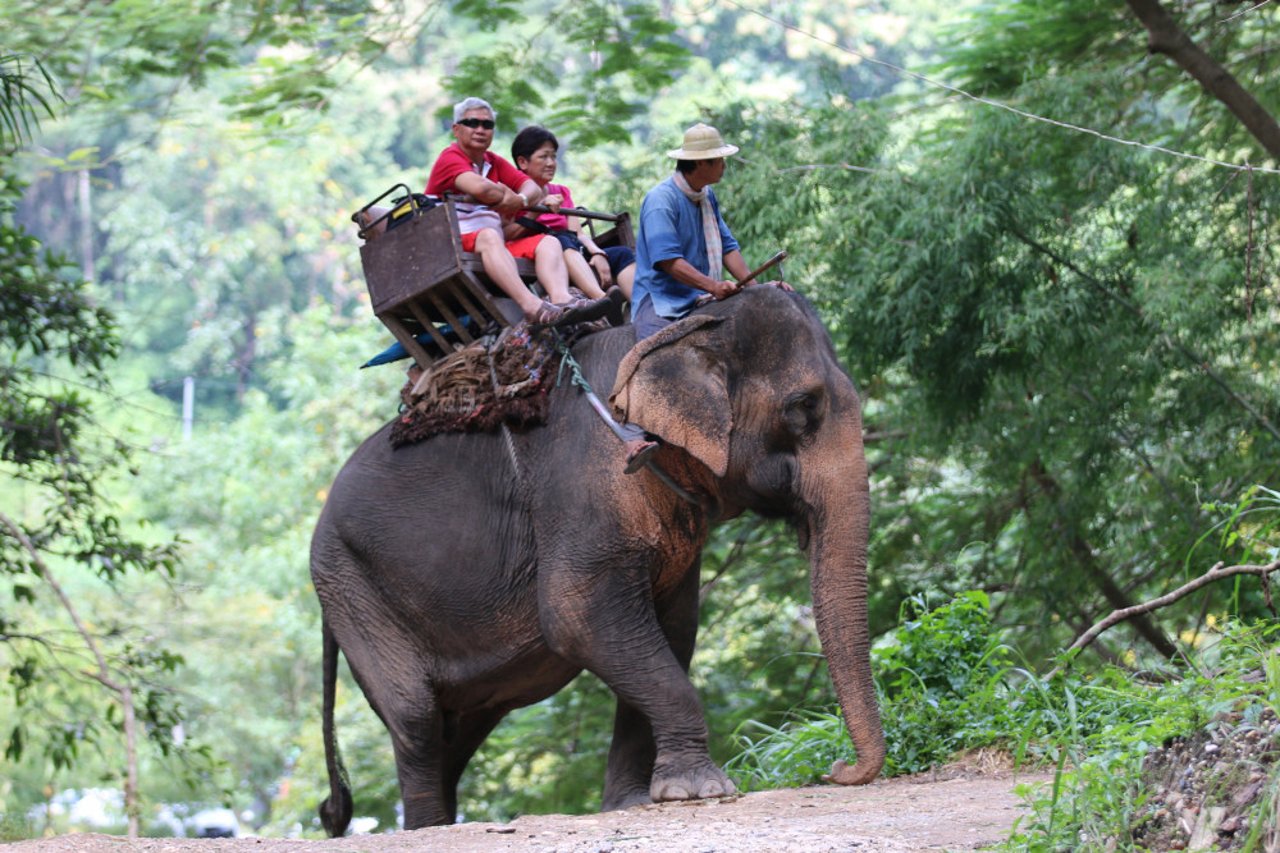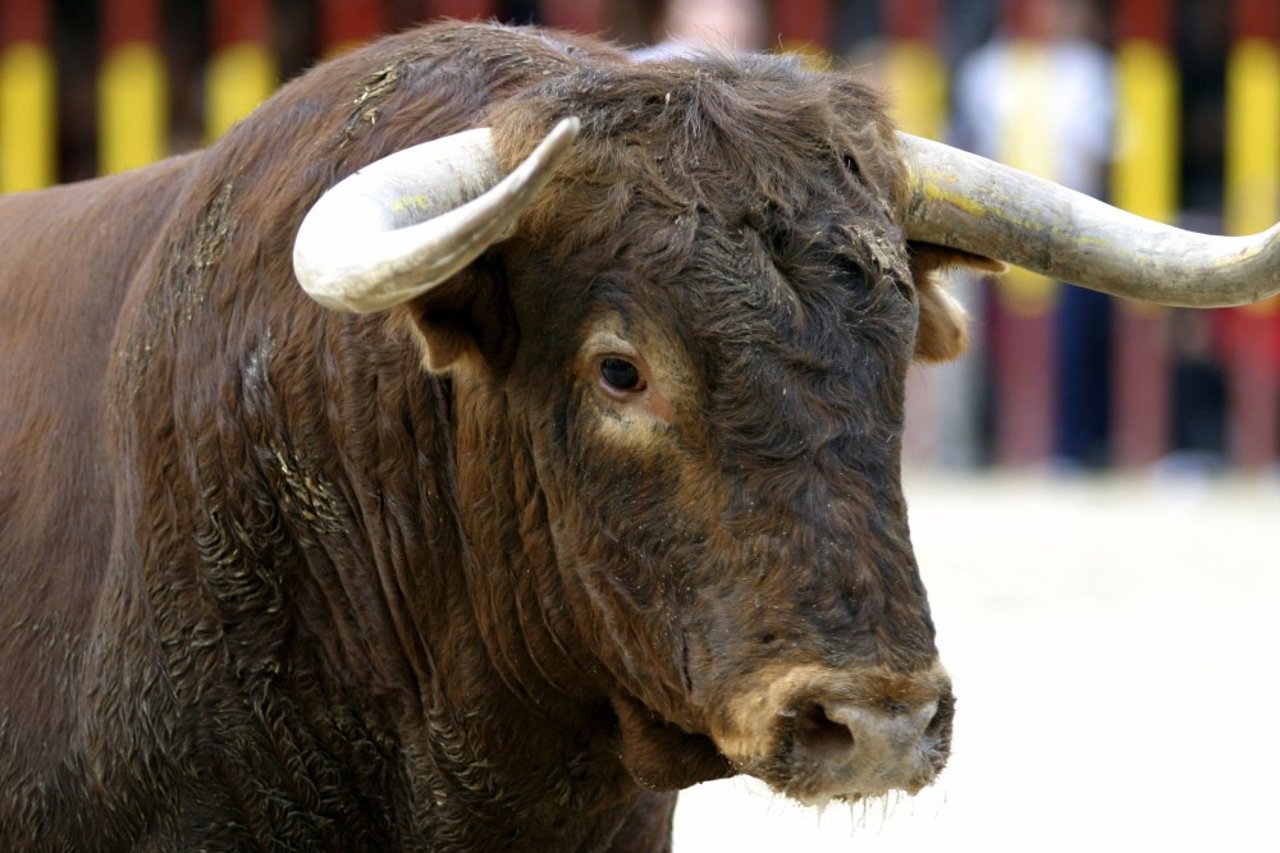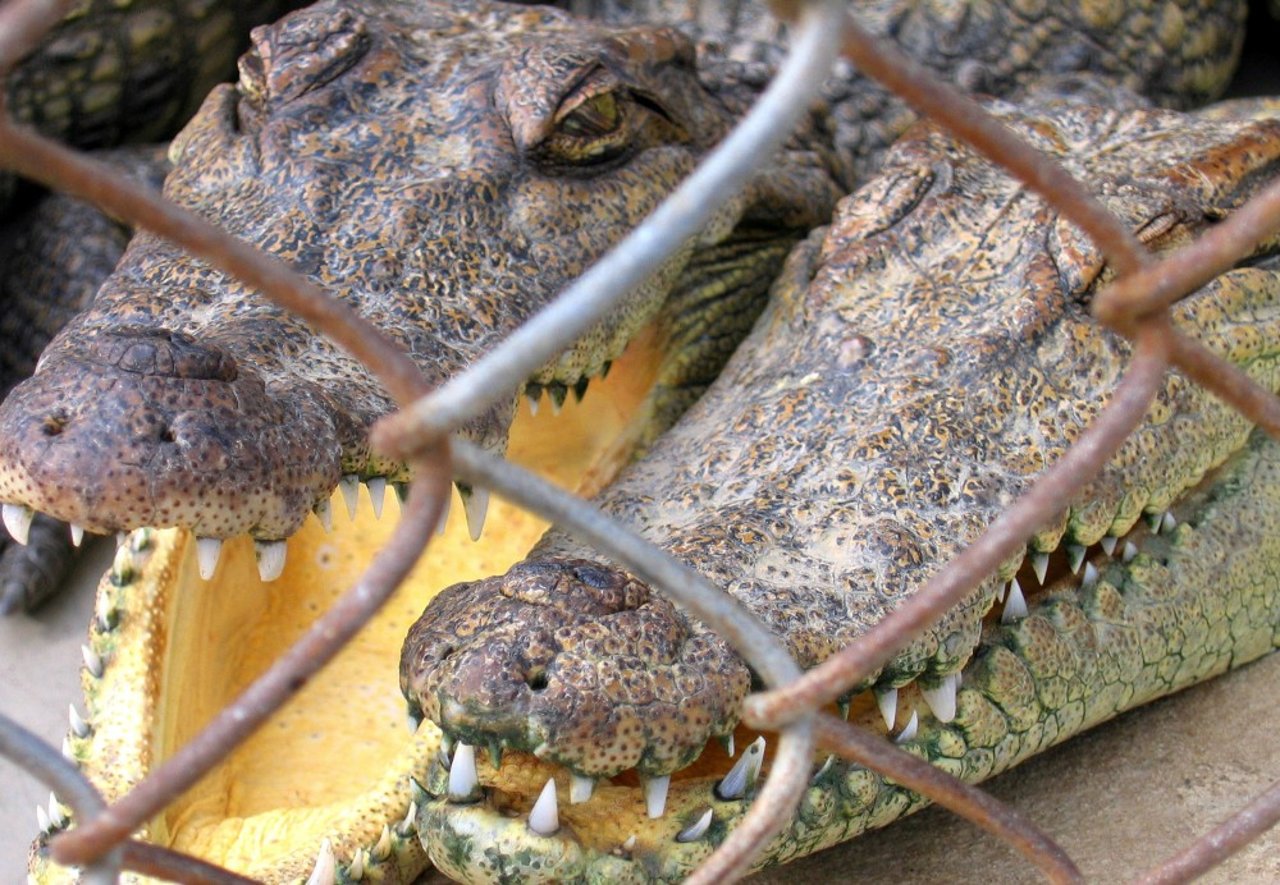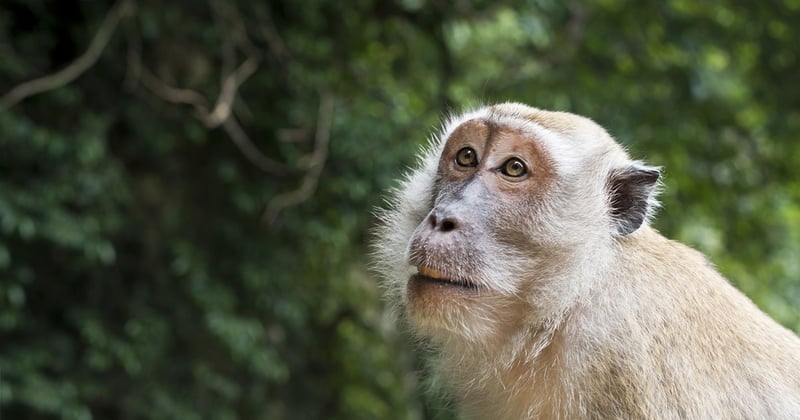
12 Do's and Don'ts for animal-friendly vacations
News
You can be a compassionate traveler, making decisions that prevent animal suffering for the entertainment of tourists. Here are some Do's and Don'ts for your next trip!
Do’s
1. Experience wildlife in their natural environments. Go on safari or whale-watching trips. Be sure to always keep appropriate distance.
2. Visit a shelter for wild animals; avoid direct contact with animals. Support places that do not breed animals in captivity.
3. Buy sustainable and humane souvenirs to help support the local people and culture.
4. Visit or help with a conservation project. For example, plant trees to preserve the habitat of elephants and orangutans.
5. Take part in active ecotours that don't disturb nature and wild animals.
6. Do be their voice. If you see animal cruelty, voice your concern and disagreement with it on the spot. Bring the information to travel providers and, if possible, report it to a local animal welfare organization.
Don'ts
1. Do not engage in activities that allow you to touch wild animals. 'Hug' no lion or tiger cub. These animals are drugged and hit into submission every day of their lives so people can hug them or take a photo with them.
2. Do not go to wild animal shows and watch them perform tricks. Say no to dolphin shows and don't engage with a dancing monkey in the street. These animals are kept in captive conditions and unable to live as they are meant to in the wild.
3. Do not ride on an elephant, and take part in no activity where you can touch elephants. Elephants at tourist venues are subject to cruel training from a young age and our investigations have documented the routine abuse of elephants throughout the industry. They are controlled with fear and pain just so that they’ll perform and carry people on their backs. Learn more about our work to end their suffering.
4. Do not pay for fighting with or between animals such as bull or cock fighting and wrestling with crocodiles. Animals trained for such purposes endure unimaginable suffering throughout their lives.
5. Do not buy souvenirs made from wild animals. Think of a crocodile bags, an invory bracelet, or an ornament of coral.
6. Avoid food for which extreme animal suffering is involved. Think of shark fin soup, bush meat, frog legs, foie gras or tiger wine.
Help mee!
We are building a global movement to protect wild animals. We are educating tourists about the realities of animal experience. Many people don't realize what goes on behind the scenes to provide that perfect travel moment; and once they do, many are taking a stand against it by eliminating these activities from their plans. Be an animal-friendly traveler and help end the suffering for so many animals around the globe.
Learn more about how to be a compassionate traveler.
Photo credits: World Animal Protection, iStockphoto.com/Brian Raisbeck, Hurricanehenk
Many people don't realize what goes on behind the scenes to provide that perfect travel moment; and once they do, many are taking a stand against it by eliminating these activities from their plans.
